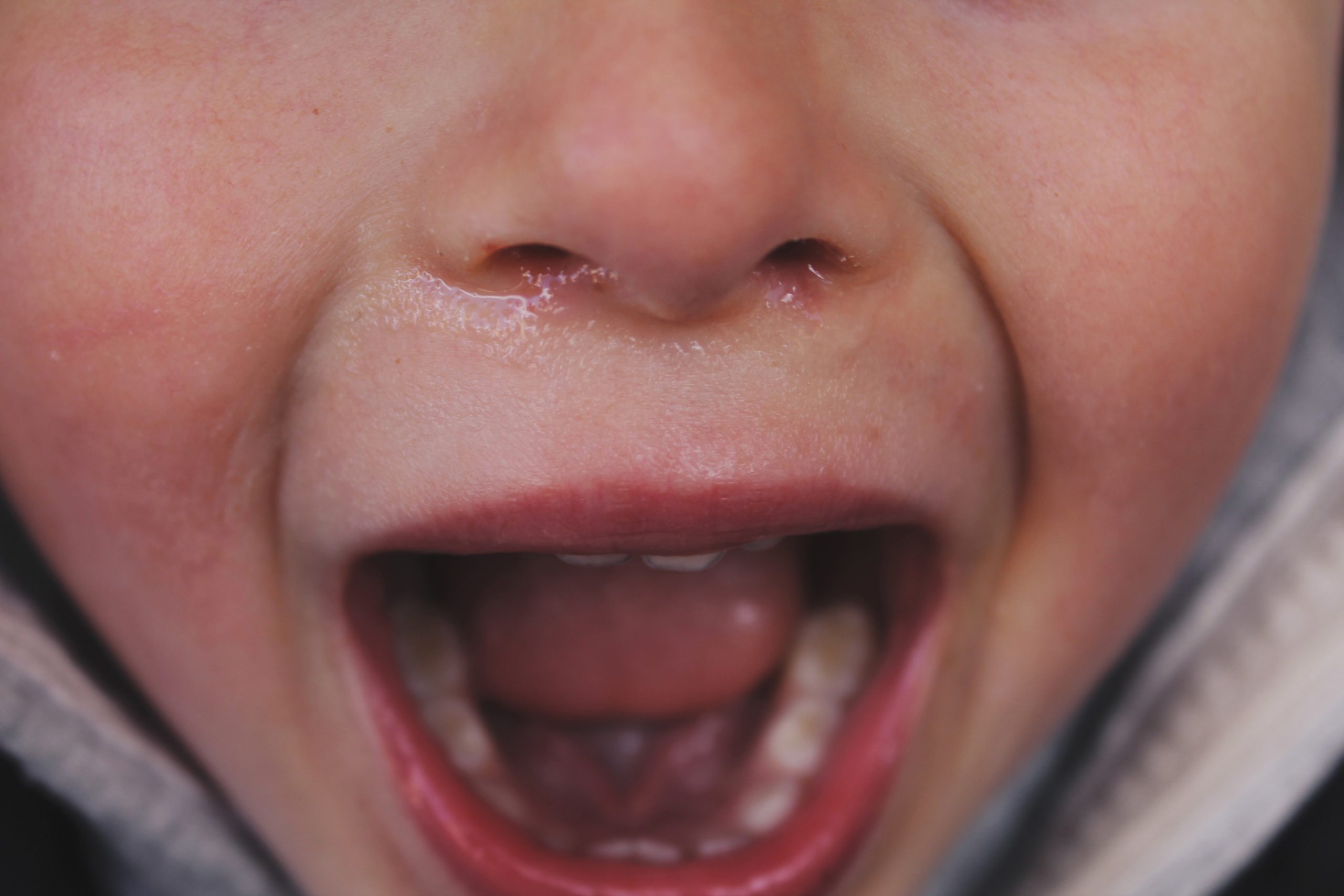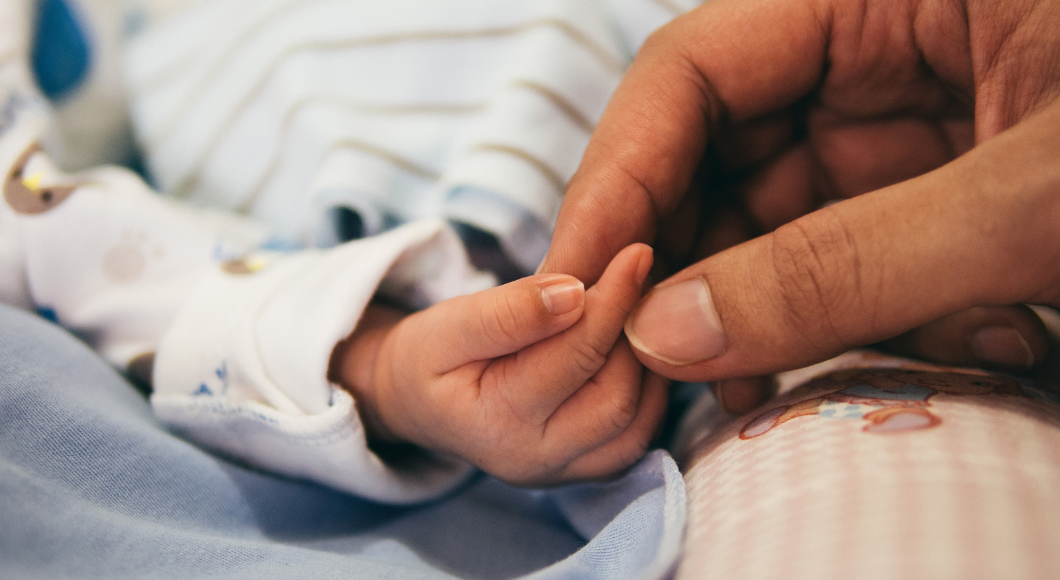With the mention of foster care, the most common response is equal parts concern and a sense of being overwhelmed. Most people feel the need is too great to make any difference. Yet, there’s one thing everyone can do, and it’s something every foster youth needs from every person they encounter.
Everyone can be trauma informed, educating themselves on the reality of kids and youth in foster care in order to best interact with them.
What You Can’t See Matters
Kids from hard places have been changed in invisible ways, with lasting impact. Events even prior to birth fall into the category of trauma, such as prenatal stress on the mother, exposure to drugs or alcohol in utero, birth trauma, severe illness or injury, hospitalizations during infancy, abuse or neglect, grief from losses and transitions, and exposure to trauma or disaster.
>> RELATED READ :: Change the Lives of Foster Kids {Without Becoming Foster Parents} <<
The word trauma may conjure up a dramatic event. However, brain research has brought clarity even a pregnant mother experiencing stress can change the baby before birth. For example, stress elevates the cortisol levels in the mother, which can be passed to the baby and cause change during development.
Trauma Wholistically Impacts the Child
Through the groundbreaking work of Dr. Karyn Purvis at TCU’s Karyn Purvis Institute of Child Development, evidence-based research reveals that trauma impacts the child’s brain, biology, body, behavior, and beliefs. Understanding that the brain from trauma gets stuck in a fight, flight, or freeze mode means that the basic functions alone are accessible, and the child is unable to access his or her upper brain or higher levels of brain function.
The domino effect of brain changes is an impact on the child’s body, behavior, and beliefs about themselves and the world in general. The child’s genetics can even be affected, changing development and turning on or off genetic predispositions.
 Look Beyond the Behavior
Look Beyond the Behavior
Kids from trauma tend to be seen only by their behavior. But the reality is that they are not bad kids. Their behavior is not the problem but merely a symptom. When we see a child melting down emotionally or blowing up in aggression, we fail to look beyond those actions.
What every foster youth needs from everyone is to see him or her in totality, looking beyond behavior. A child from trauma is not displaying a willful disobedience, but rather needs that were not or are not being met.
>> RELATED READ :: Fight Bad Behavior With a Story <<
When the brain is stuck in fight, flight, or freeze, the child is not able to access the decision making or processing parts of the brain. Additionally, living with the experience of past trauma leaves a child with a continually limited emotionally capacity, unable to absorb and respond to daily challenges.
What You Can Give Every Foster Youth
Everyone of us have the ability to make a world of difference in the lives of foster youth by keeping these truths about trauma in mind. Imagine a world where a child who’s endured trauma is seen rightly by all the people around him or her — viewed not as a problem to be fixed but a child to be understood. This type of world encourages healing in the context of relationships for the child.
>> RELATED READ :: 12 Myths About Foster Care <<
Being trauma informed means interacting with foster youth — or any child who may have had trauma — with the important understanding that behavior and emotional dysregulation have deeper roots. Being trauma informed means helping the child calm down first, helping them move from a primitive brain to the higher functions of the upper brain. Being trauma informed also means offering reassurance, safety, and connection to the child.
The gift that everyone of us can give to every child from trauma is to educate ourselves on how that child has been changed, in ways beyond their control. What a gift this is to not require or expect of a child what he or she cannot offer, but to join in the battle against trauma’s effects.














